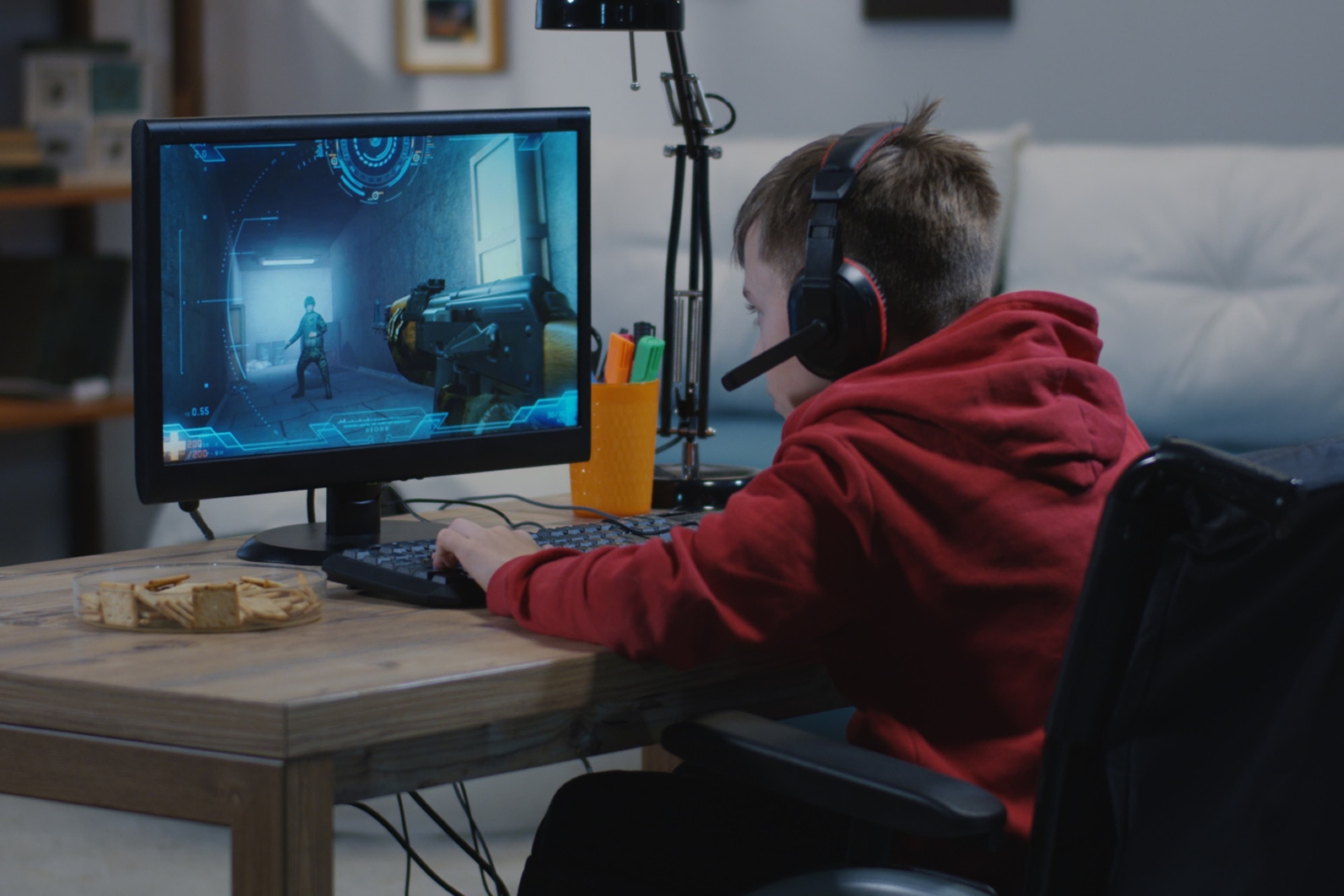As emphasis on protecting children's personal data grows, compliance with a variety of increasingly complex global regulations to support that protection is now a vital business necessity.
Into the current global children's data privacy paradigm now steps k-ID.
The startup developed a technology platform to protect children's privacy in the online gaming industry, and also offers publishers and game developers solutions to comply with a growing number of data privacy regulations in more than 200 markets around the world. In multiple pre-seed and seed financing rounds last year, k-ID attracted USD5.4 million for its platform and resource development.
k-ID CEO Kieran Donovan indicated online gaming is a great starting point for tackling children’s privacy issues because of the sheer volume of children playing video games online throughout the world. However, the hope is that the k-ID platform, described by Donovan as "sector-agnostic," will eventually be extended for use by companies in a number of industries that collect and process children's personal data.
"The gaming industry is uniquely positioned to scale a solution like this very quickly," Donovan told the IAPP. "We have many different publishers publishing games on all the platforms, so there are lots of challenges to solve and that is going to keep us busy. But we'll always be led by where the most complex challenges are, and that’s what we want to solve."
While k-ID has been available for a limited number of early-access customers, the platform became accessible to all prospective users 6 March. Donovan said there is not yet a timeline to sell k-ID for use in other industries besides online gaming.
Along with Donovan, k-ID's founding partners bring a wealth of experience that feed into the platform's goals. Chief Legal Officer Timothy Ma, CIPP/E, CIPM, served as head of international privacy and data protection at Tencent. Chief Safety Office Jeff Wu was a leading trust and safety veteran at Google and Meta. And Chief Revenue Officer Julian Corbett is a former video game industry executive.
As online game developers expand their reach, they will need to craft user privacy notices and establish privacy principles that account for the laws and regulations for each country their players reside in. Ma said game developers' long-held practice of tuning their products' compliance to meet the U.S. Children's Online Privacy Protection Act will no longer be acceptable as regulators in other countries look to assert their authority over laws in their jurisdiction.
"If you want to build a global program, you have to comply with all the global privacy laws, and it's an enormous task and extremely difficult," Ma said. "Even with large platforms, they basically take COPPA as a baseline for compliance and think that suffices other global privacy laws. We all know that this is not the right way of approaching this issue."
To be customizable to varying regulations, the k-ID platform combines three key solutions. The first is its Global Compliance Engine that configures an age-appropriate game experience based on a child’s location, age and digital maturity, and is COPPA Safe Harbor certified by the Entertainment Software Ratings Board, which is a recognition generally reserved for the actual games themselves.
The second component is the Global Compliance Database, which is a comprehensive list of all global children's privacy regulations impacting gaming and is updated daily by the k-ID team.
To incorporate the platform within a company's tech stack, Donovan said k-ID offers easy API integration. The platform starts out free while offering more sophisticated subscription options at a cost.
"We really want to democratize access to meaningful compliance for everyone," Donovan said. "That means two things: One, it has to be affordable, and the solution starts out free. Two: It also means that in terms of the ease of integration, we have built this so that it is as close to click-drag-submit as you can possibly get."
The third solution rounding out the k-ID platform is its Family Platform. It is a universal, cross-platform single-sign-on portal for families to manage their child's online gaming experience. Parents can tune their child's gaming experience with a slider that either includes more content and preferences for a more digitally mature minor or dials it back for a younger or less digitally mature child.
"When you think about family platforms today, you think typically about processes that are incredibly painful to go through to get on boarded as a parent. There are lots of steps and lots of verification," Donovan said. "You don't want it to be something that's a chore to set up, and that then gives them that meaningful connection to what their kids up to."

